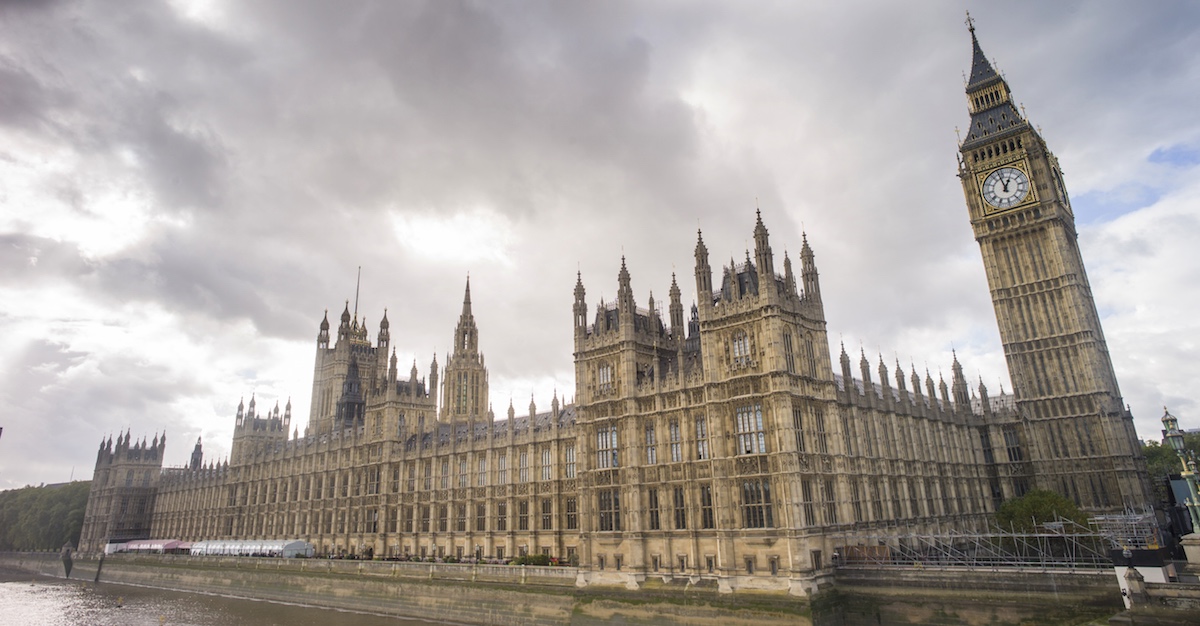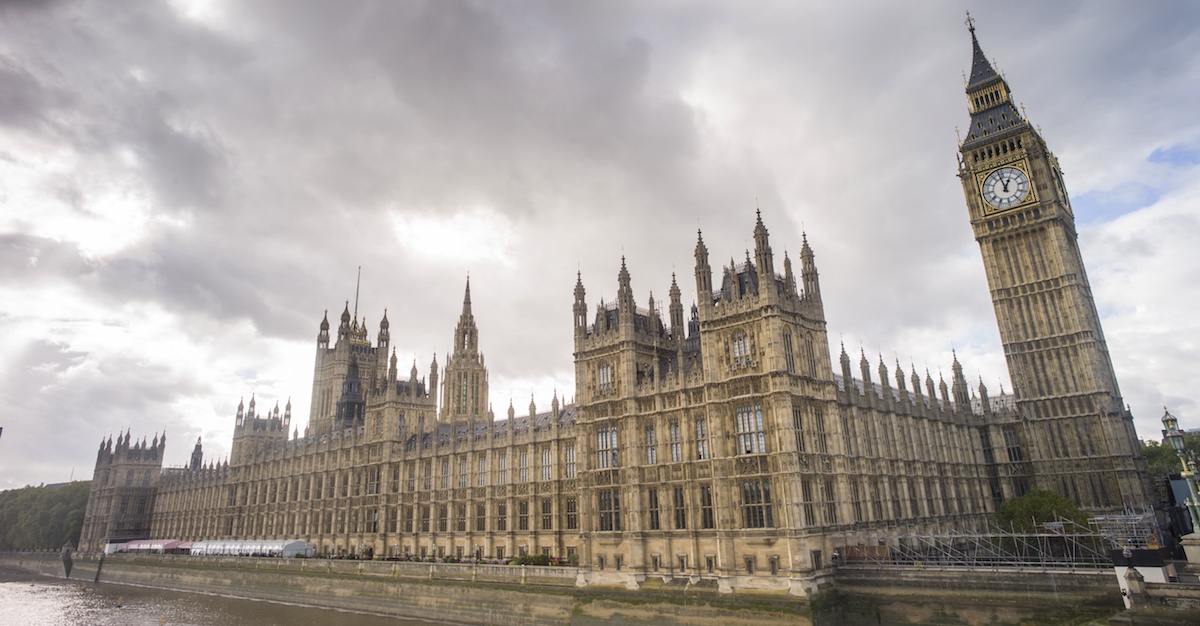
The steady sound of a spring clean has been coming from UK Parliament.
Buffing up, stripping out, or flat-out ripping to shreds – those were the sounds of the Wikipedia entries for MPs which were glossed to a high, non-embarrassing, election-run-up shine.
Anybody can edit Wikipedia.
The online encyclopedia has earned whatever trust it now enjoys because of an assumption that, ideally, its content is edited, vetted, and can be reasonably relied on to be more than a collection of marketing puff pieces.
But while anybody can edit entries, those edits aren’t anonymous.
In fact, each one of those edits can in turn be tracked and linked to an IP address.
The Telegraph reports that it’s checked out edits made to MPs’ Wikipedia entries and traced the associated IP addresses to computers owned by the Houses of Parliament in what it says looks to be “a deliberate attempt to hide embarrassing information from the electorate.”
Some of the edits the Telegraph has traced to somewhere inside the Commons:
- Former Conservative minister Stephen Hammond’s page has been edited to no longer show sentences revealing he was one of the most frequent users of chauffeur-driven cars while in government.
- Somebody erased links to headlines about Tory MP Robert Blackman having been “caught with his pants down” after conducting an 11-year affair. (Headlines like this!)
- Labour MP Geraint Davies’s entry was sanitised of some unsightly facts regarding the £2285 he spent on his kitchen and the £1500 he spent on his living room at taxpayers’ expense, charged through parliamentary expenses.
- A local newspaper’s criticism of Tory MP Gavin Barwell’s “persistent attempts at headline-grabbing” have been deleted.
- Fellow backbencher Stewart Jackson’s profile was wiped of references to how David Cameron was “appalled” by Tory expenses claims.
In addition, many MPs’ pages were plumped up with flattering chunks of text ahead of the general election, the Telegraph reports:
- Former Tory frontbencher Bill Wiggin’s biography was augmented with a 121-word section explaining how he improved local broadband connections.
- Tory MP George Freeman’s defeat in 2005 got a nice spin, being recast as “narrowly missing overturning the 8000 majority”.
- The page of Gordon Birtwistle, a former Liberal Democrat MP, got an entire 298-word “record of delivery” added on 14 January, four months before he unsuccessfully sought re-election.
We can’t tell who made these changes, be it a given MP, his or her staff, or some other computer user within the Commons’ network.
But why anybody besides MPs or staffers would bother polishing the entries from within Parliament is a question worth asking.
Spokesmen for the Conservatives, Labour and Liberal Democrats declined to comment when contacted by the news outlet but said that all MPs had been made aware of the specific changes and had the opportunity to comment individually.
A spokesman for Joan Ryan – whose entry lost an entire section regarding money spent on repairs and decorations on her Enfield home before she ‘flipped’ the property – called the matter “nonsense.”
The Telegraph reports that the property makeover was done while she wasn’t an MP, and she’s denied any involvement.
Her spokesman said that that Ryan didn’t even have access to the Parliamentary internet network from which the changes were made.
Mind you, the UK certainly hasn’t cornered the market on Wikipedia puff pieces.
In 2013, details emerged regarding perhaps the most extensive sockpuppet investigation ever at Wikipedia.
As Wikipedia itself defines it, a sockpuppet is a false online identity assumed by a member of an internet community in order to praise, defend or support a person or organization, or to circumvent a suspension or ban from a website.
The investigation, which started in 2012, had confirmed 323 sockpuppet accounts by September 2013, with another 84 suspected.
Wikipedia’s editors tracked most of the entries to a US company called Wiki-PR, a firm that specializes in cooking up Wikipuff by editing Wikipedia on behalf of paying clients.
The firm offered “Wikipedia Writers For Hire” and claimed to “build, manage, and translate Wikipedia pages for over 12,000 people and companies.”
Wiki-PR’s promise on its Twitter profile at the time baldly stated the matter:
We write it. We manage it. You never worry about Wikipedia again.
The Wikipedia community eventually banned Wiki-PR for unethical editing and banned or blocked 250 associated Wikipedia user accounts.
But as of March 2015, it was still marketing its ability to advise clients on how to interact with the Wikipedia community.
If Wikipedia winds up banning the entire House of Commons, we’ll be sure to let you know!
Image of Parliament courtesy of gary yim / Shutterstock.com .
